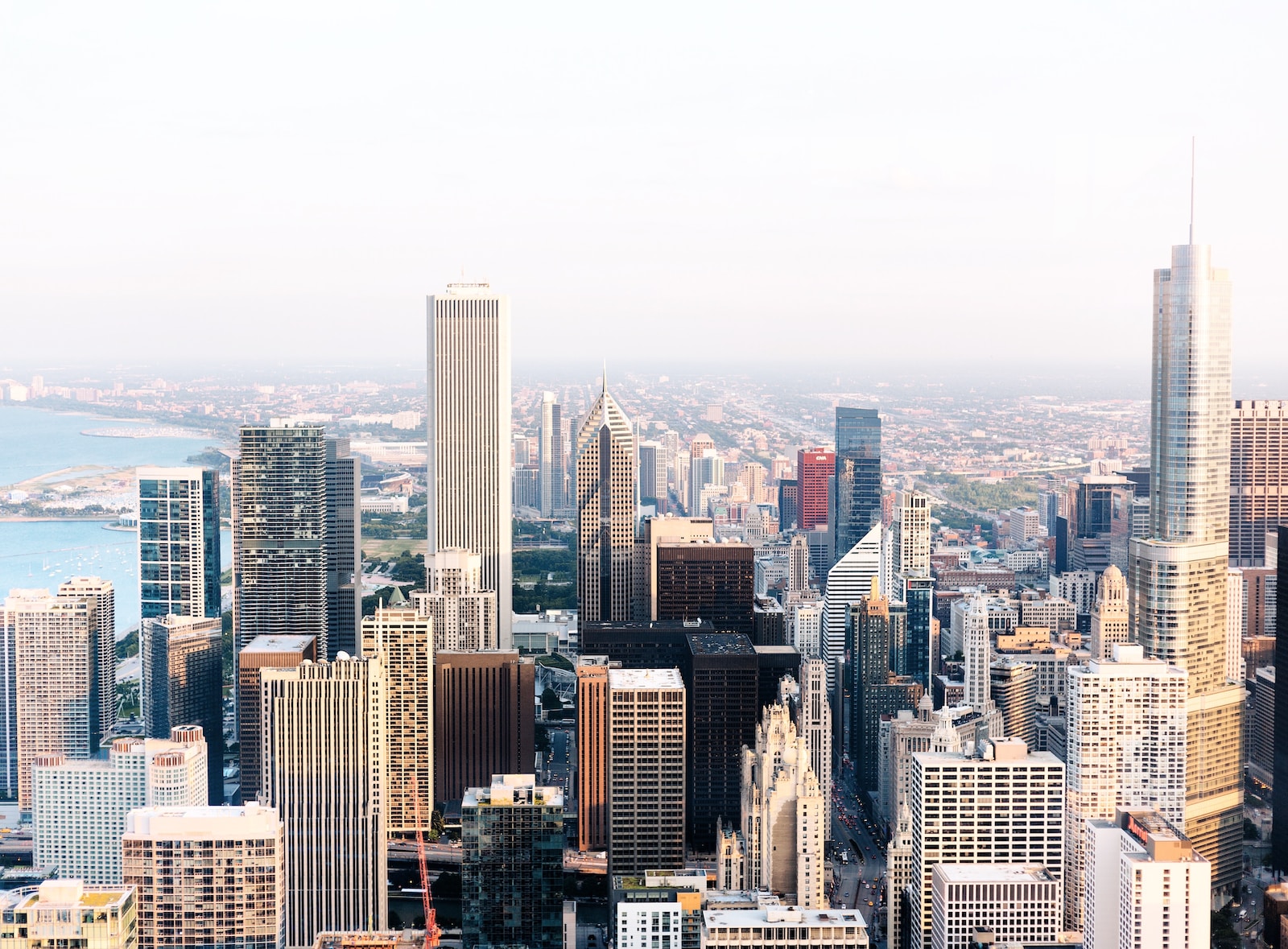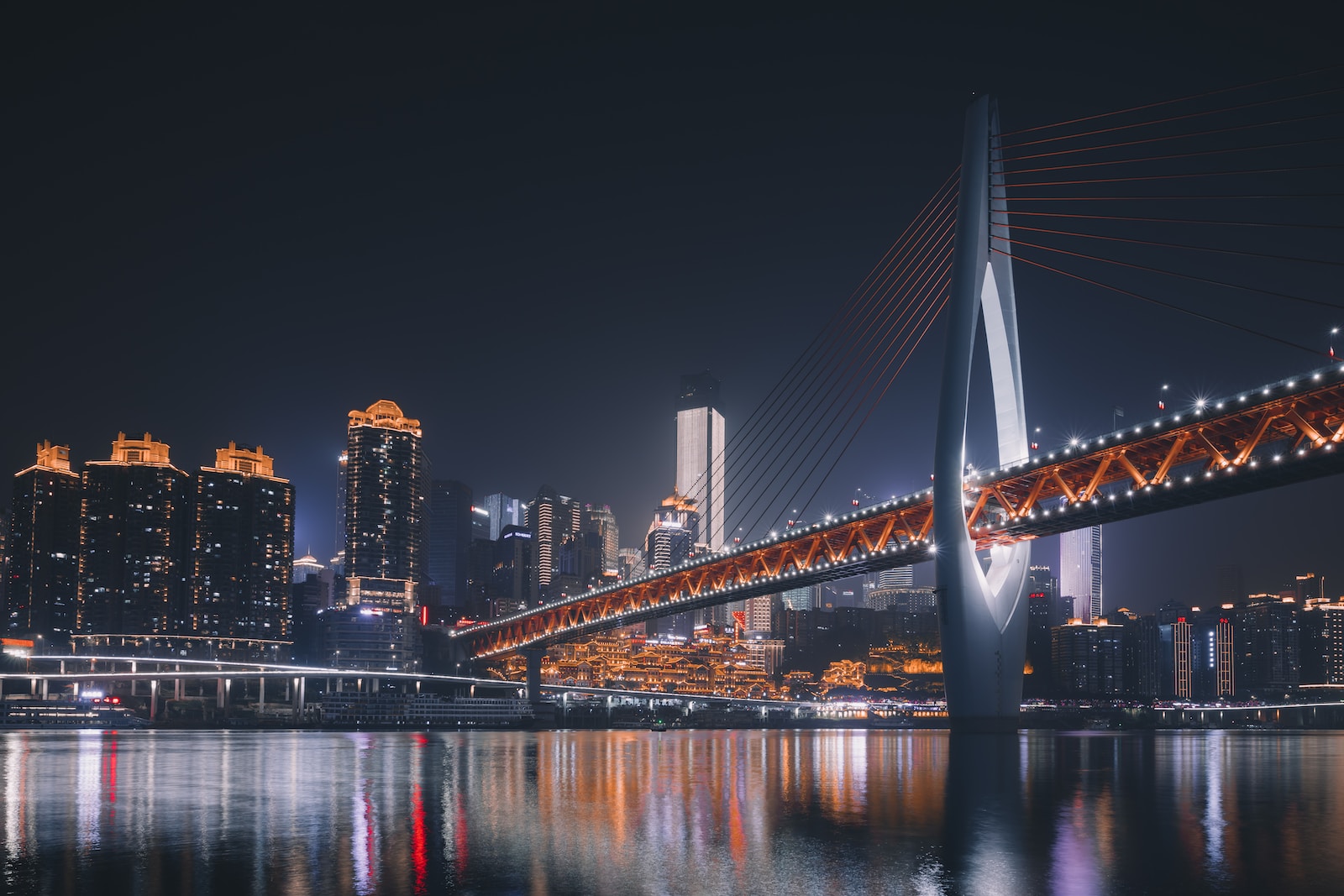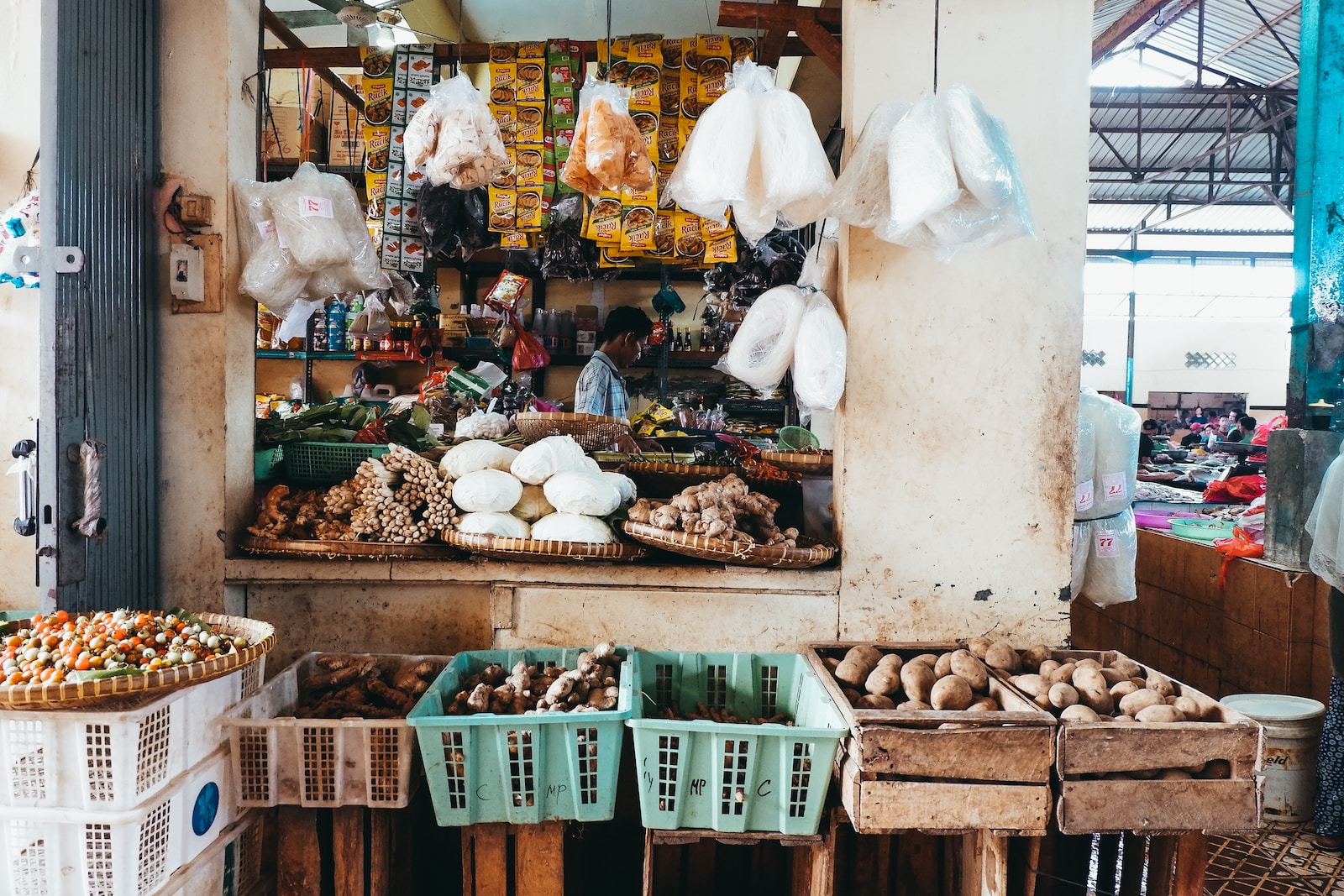As one of the MINT economies Indonesia is believed by economists to have enormous potential for growth over the next fifteen to twenty years. Along with Mexico, Nigeria and Turkey, Indonesia is an emergent economy with a large population which is growing rapidly and is relatively young. While some analysts are predicting strong growth, others are expressing some disappointment in the way in which the country is developing, so what are the real prospects that Indonesia has for British exporters?
Up until recently the Indonesian economy has been thriving, however there is no doubt that during 2015 is has faltered. This has been due to a several factors including the slowdown of global economies, but failings have also been attributed to government policies which have failed to effectively address key areas. Despite this, the economy is now predicted to recover and, according to the Governor of the National Bank, growth will reach 6% or higher by 2017. Doing business in Indonesia is always challenging, though for British exporters who are willing to invest effort building relationships, potential rewards are substantial.
Indonesia – its economy and potential for growth
Indonesia is the world’s 16th largest economy, and according to many analysts it is likely to become the 5th biggest by 2030. It is also the largest economy in South East Asia. Currently its population numbers 240 million, making it the fourth highest populated country in the world; it is also growing by around 4.5 million a year and around 60% are younger than 30. As a country it occupies a unique position: the landmass includes around 17,000 islands and around 500 different languages are spoken.
Over half of the GDP is based on domestic consumption. Additionally, the country is the largest exporter of palm oil and the second largest of coal. Cocoa, tin and natural gas are also important. Up until recently Indonesian GDP has been growing 5% to 6% year on year for around a decade, however, during 2015 growth appeared to falter. Part of this has been due to reduced growth in global economies, though according to some commentators much of the reason has been political.
Certainly business confidence has been damaged by political inconsistencies regarding policies relating to the protection of domestic industry, foreign investment and free trade. High inflation has also been a problem and the value of the currency has deteriorated. There are also high levels of corruption which are damaging the country, particularly in terms of illegal deforestation and air population.
Just a hiccough?
According to the Governor of the Indonesia National Bank, growth will return to 5.2% to 5.6% in 2016 and then grow at between 6% and 6.5% from 2017 to 2020. The rate of inflation has fallen as has the deficit; in fact, the economy is now generating a surplus.
It would appear that the government is now committed to structural reform and other measures aimed at strengthening the economy. So has 2015 been no more than a hiccough? Time will tell, but it’s begging to look that way.
Challenges and opportunities for British exporters
Indonesia has a unique culture and doing business there can be challenging. According to the World Bank’s ranking on the ease of doing business which includes factors such as starting a business, dealing with construction permits, obtaining credit, registering property, cross-border trading, enforcing contracts and so forth, Indonesia ranks as number 109; in other words, it is easier to do business in 108 other countries. The ease of starting a business and enforcing contracts scored particularly low. Some additional challenges include a highly complex bureaucracy; a semi-chaotic legal and regulatory system that lacks transparency; a weak infrastructure; and difficult business culture.
The key to success lies in developing relationships. Business tends to be done on trust, so it is essential that British companies take on board Indonesian business culture. Importantly, the Indonesian middle class is booming. They are young, aspirational, motivated and social media savvy.
Trade with the UK
In 2014 UK exports to Indonesia generated over £700 million in revenue, with some of the main exports being:
- Plant and equipment for power generation
- Industrial plant
- Organic chemicals
- Scientific instrumentation
- Domestic products
Many UK brands have a presence there including BP, Unilever, Shell, Rolls Royce, Astra Zeneca, GlaxoSmithKline, along with High Street chains such as Mothercare, M&S, Debenhams and many more. The UK is one of the largest investors in the economy after the US, Singapore, South Korea and Japan.
Finally
Overall the Indonesian economy offers huge potential for British exporters, but there is a difficult business culture that must be navigated. For instance, don’t expect a response to any email you might send; it’s just not the way they do business and emails are generally ignored. Play your cards right, including your business cards, and you stand to benefit from the thriving Indonesian economy.








